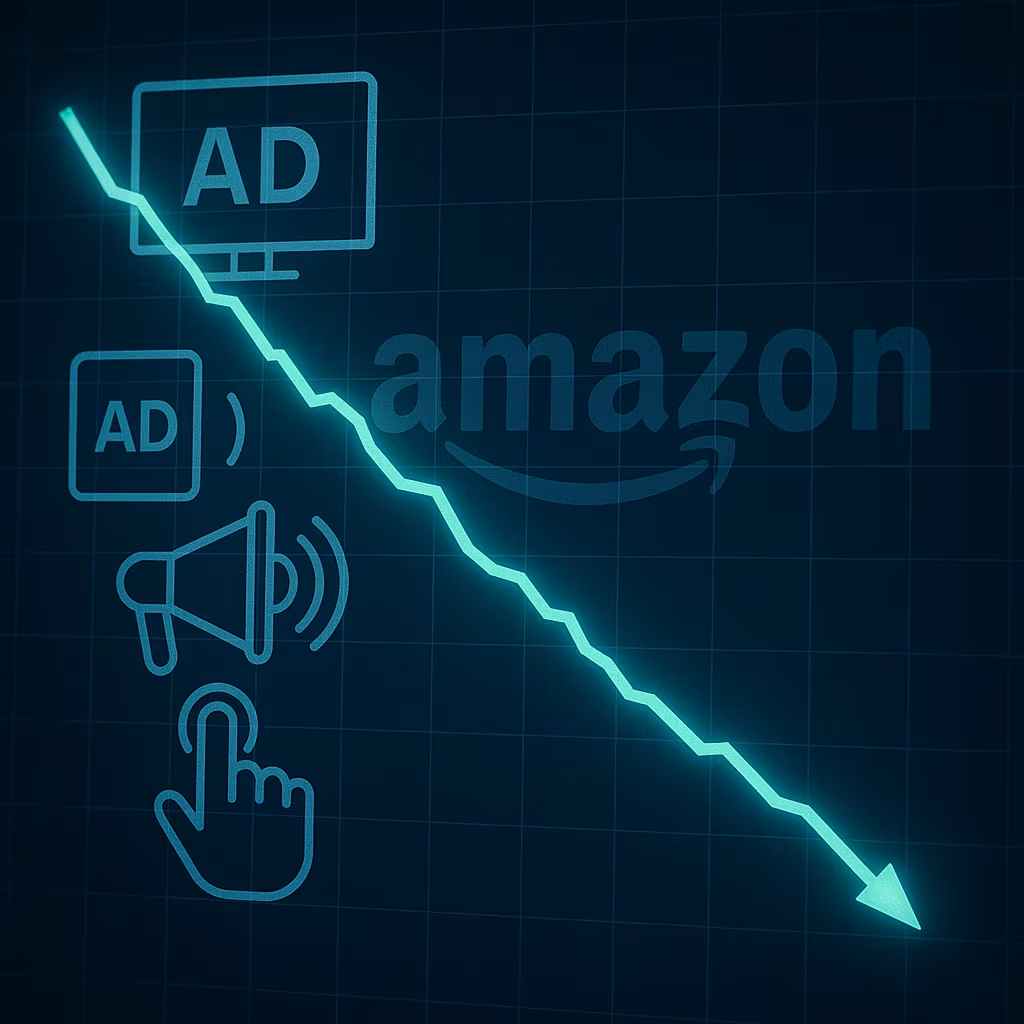In an age of artificial intelligence, predictive algorithms, and smart voice assistants, you’d think typing the word “Google” into the Google search bar would be obsolete. Yet every single day, millions of people around the world still Google ‘Google’. It’s one of the most searched terms globally. But why?
As the internet continues to evolve, and as tech giants like Microsoft, Apple, and OpenAI pour resources into redefining how we access information, this curious trend reveals a deeper truth: Google’s grip on how we search — and how we think about searching — is still remarkably strong.
In a digital world flooded with AI chatbots, alternative search engines, and personalized recommendation feeds, people are still choosing the familiar blue-and-white page with its blinking cursor. Let’s dive into why “Google” remains not just a company name but a reflexive verb, and what that means in the broader battle of tech search dominance.
The Habit That Won’t Die
The first and most straightforward explanation is habit. Since its founding in 1998, Google has become deeply woven into the fabric of internet behavior. It’s the first website many people open when they launch their browser. It’s the homepage of choice. And for many, “Googling” has replaced “searching” altogether.
This habitual usage means that when people launch a new browser, set up a new device, or open an unfamiliar window, they reflexively type “Google” into the search bar — often just to get back to the familiar homepage.
It’s not unlike typing “YouTube” into Google to find YouTube, or searching “Facebook login” instead of typing facebook.com into the address bar. It’s not about logic — it’s about muscle memory.
The Confusion Between URL and Search Bar
Another major factor: the blurred line between browsers and search engines.
Many users don’t distinguish between a web address (URL) bar and a search field. In most modern browsers, they’re the same input box. So when someone types “Google” at the top of Chrome or Safari, they aren’t navigating to google.com — they’re initiating a search for “Google.”
This is particularly common among older generations, new internet users, or people on shared/public devices. Rather than typing full URLs or using bookmarks, they lean on Google to guide them — even back to Google itself.
Ironically, the sophistication of browsers — which auto-complete URLs, suggest search terms, and remember history — encourages users to use search as a shortcut for everything.
The Psychological Need for a ‘Safe Start’
For many users, Google represents more than a utility — it’s a starting point. Typing “Google” gives them a moment of orientation, a digital compass reset.
Opening a blank new tab can feel overwhelming. There are no prompts, no guidance. But once you’re on the Google homepage, it’s like arriving at a familiar airport: you know where everything is and where to go next.
This desire for a mental reset explains why people search “Google” on new browsers or public computers — it restores a sense of control in the vast, cluttered web.
SEO, Branding, and Accidental Clicks
There’s also a backend reason the word “Google” shows up as a top search query: search engine optimization (SEO) noise and brand clicks.
In some countries, devices come preloaded with other search engines — Bing, Yahoo, Baidu, or DuckDuckGo. If users want to switch back to Google, their first instinct is often to search “Google,” then click the result. This inflates search volumes significantly.
Some of this is indirect traffic: people clicking ads or links that lead to a search results page with “Google” as a keyword. Others are bots or misconfigured apps that send query signals. But most of it still comes down to real human users searching for a gateway — even if they’re already standing at the door.
In the Age of AI, Why Are We Still Googling?
With the rise of conversational AI like ChatGPT, Gemini, and Claude, you might assume people would ditch traditional keyword searches altogether. Yet, despite the novelty of chat-based search, most users continue to rely on Google for fact-finding, navigation, and product discovery.
There are several reasons for this:
- Trust: Google still holds enormous credibility as a source of information, especially for breaking news, shopping, or reviews.
- Speed: It’s faster to skim a page of links than to scroll through a paragraph of AI-generated content.
- Control: Users like choosing their own path from a list of results, rather than being guided down a single AI-generated response.
- Visual familiarity: Image packs, video snippets, maps, and rich results on Google Search offer a multimedia experience AI chatbots can’t yet match.
In short, AI is good at summarizing — but Google is still the champion at searching.
Google vs. the World: The Search Engine Wars of 2025
Despite its dominance, Google is facing more competition than ever. Microsoft’s integration of ChatGPT into Bing has created a buzz around AI-enhanced search, while Apple is reportedly working on its own search engine. Meanwhile, privacy-first options like DuckDuckGo are gaining ground among security-conscious users.
Even platforms like TikTok and Reddit are eating into search time — especially for Gen Z users, who prefer community-based, short-form discovery over link-driven web results.
But here’s the twist: all these new competitors still depend on the concept of search. Even if the format changes, the impulse — to type something and expect results — remains.
And for now, when most people want to search… they still turn to Google. Even if that means searching for “Google.”
The fact that millions of people still Google “Google” every day isn’t absurd — it’s a sign of how deeply embedded Google is in our digital consciousness. What seems redundant at first glance is actually a product of habit, design, user psychology, and branding dominance.
In a time when tech giants are racing to reinvent how we search — through AI, voice assistants, and visual platforms — Google remains the mental homepage of the internet. Not because it’s always the fastest or smartest, but because it’s the most familiar.
So, the next time you catch yourself typing “Google” into Google, know this: you’re not alone. You’re just part of a global ritual that proves the oldest habits die hardest — especially in tech.





